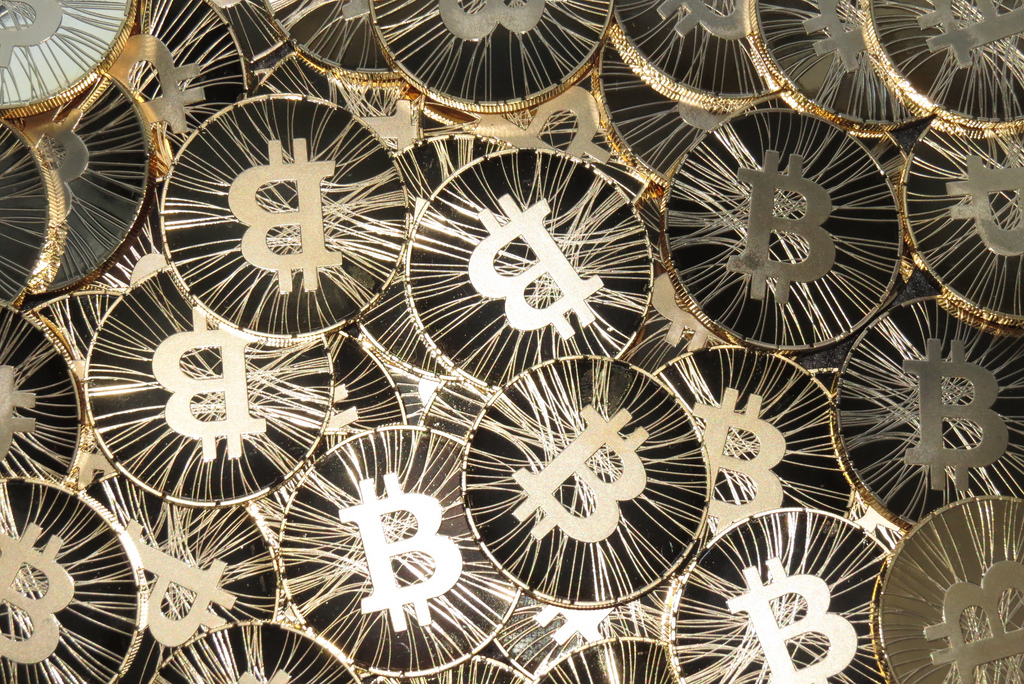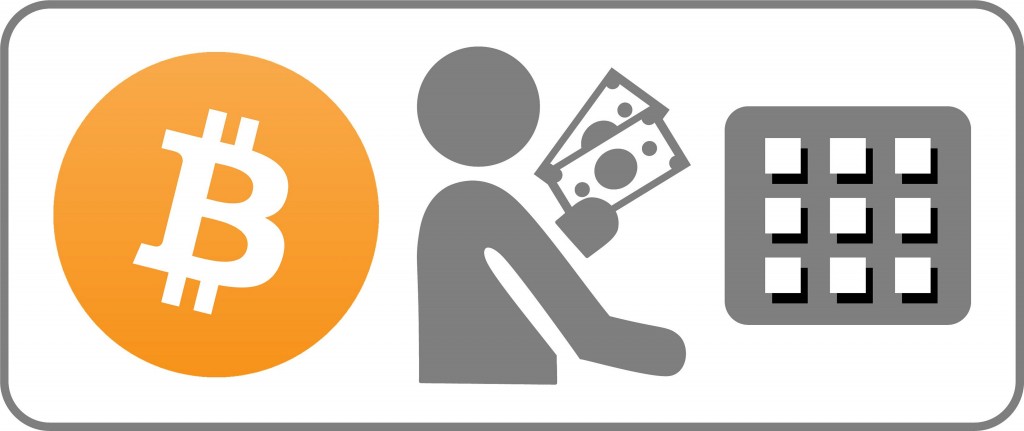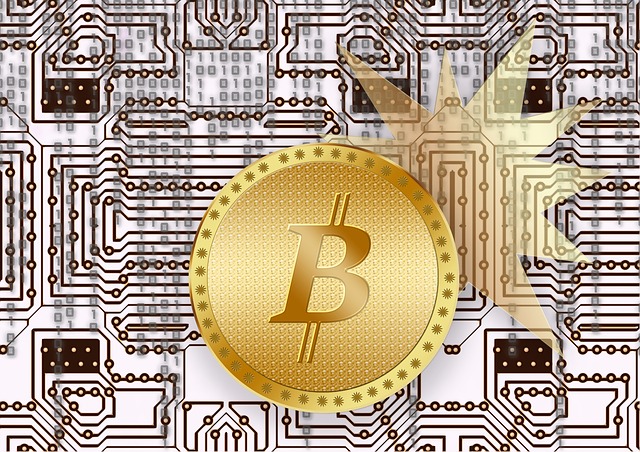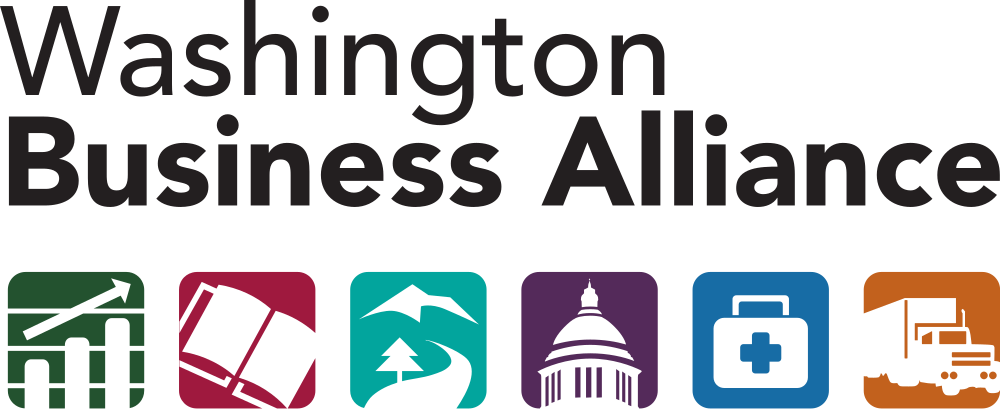 A traditional Russian proverb that became popular during the Reagan administration was “Trust but Verify.” It was part of the change journey that helped end the Cold War. The adoption of digital payments or cryptocurrencies has possibly been the slowest of the Internet Age. This was probably due to the lack of a simple, consumer oriented way to verify trust. Fortunately Washington has historically been the exception. The state leads the way in creation of trust for modern payment technologies. Amazon, arguably, made online commerce an every day occurrence. Amazon’s 2013 revenues were $74,500,000,000, more than the next nine competitors combined. Costco, a more traditional Washington based retailer generated $3,000,000,000 in 2014 ecommerce sales. Breaking news: Minneapolis based Retailer Best Buy has announced plans to immediately add up to 100 new developers in downtown Seattle close to Amazon’s headquarters. Best Buy to open new tech development center in Seattle with room for more than 100 staffers
A traditional Russian proverb that became popular during the Reagan administration was “Trust but Verify.” It was part of the change journey that helped end the Cold War. The adoption of digital payments or cryptocurrencies has possibly been the slowest of the Internet Age. This was probably due to the lack of a simple, consumer oriented way to verify trust. Fortunately Washington has historically been the exception. The state leads the way in creation of trust for modern payment technologies. Amazon, arguably, made online commerce an every day occurrence. Amazon’s 2013 revenues were $74,500,000,000, more than the next nine competitors combined. Costco, a more traditional Washington based retailer generated $3,000,000,000 in 2014 ecommerce sales. Breaking news: Minneapolis based Retailer Best Buy has announced plans to immediately add up to 100 new developers in downtown Seattle close to Amazon’s headquarters. Best Buy to open new tech development center in Seattle with room for more than 100 staffers
The first wave of digital payment technologies dates back to initiatives in late 90’s with now unfamiliar names such as JEPI (Joint Electronic Payment Initiative), DigiCash, CyberCoin and Millicent. They faded and disappeared without much notice due to the lack of widespread adoption. As with most failed initiatives it had less to do with technology and more to do with a failed change journey.
Regulation is spotty at the Federal and State level for cryptocurrencies. Here in Washington the Department of Finance Institutions (DFI) position is that “[…] digital currency is included in the definition of “Money Transmission” in the Uniform Money Services Act (UMSA).” This means that it is regulated and falls under the same controls as other forms of money transmission. Key points for merchants and consumers are that cryptocurrencies such as bitcoin now fall under “traditional” means for regulation. This opens the way for broader acceptance.
Today, Digital Payments Networks (DPN) are evolving and beginning to gain widespread acceptance. DPNs allow two (or more) parties to settle a financial transaction outside or in collaboration with traditional financial systems (e.g., banks, credit cards). The road to acceptance is based on evolving levels of the amount “trust” and visibility they receive. In Hollywood, they say there is no such thing as bad publicity. The shutdown of alleged on-line drug broker SilkRoad (“A guide to the Silk Road shutdown”) catapulted Bitcoin, an online payment system into the media spotlight.
 Bitcoin is a form of cryptocurrency that allows everyday users to transfer funds over the Internet without the need for a central banking system. Users have digital wallets that store bitcoin transactions. The individual transactions are not unlike stock certificates. Each transaction is “written” for a fixed amount of bitcoins. Transactions are traded and tracked via a ledgering system called “block chains.” Bitcoin value much like stocks is volatile. At the date of this article, the value of a bitcoin is about $243 USD from a high in 2014 of around $1,100. In my opinion, bitcoins are valued much like any other financial instrument. Regulations are evolving and maturing by necessity. The US government auctions off confiscated bitcoins just like any other form of property U.S. marshals to auction 50,000 bitcoins from Silk Road
Bitcoin is a form of cryptocurrency that allows everyday users to transfer funds over the Internet without the need for a central banking system. Users have digital wallets that store bitcoin transactions. The individual transactions are not unlike stock certificates. Each transaction is “written” for a fixed amount of bitcoins. Transactions are traded and tracked via a ledgering system called “block chains.” Bitcoin value much like stocks is volatile. At the date of this article, the value of a bitcoin is about $243 USD from a high in 2014 of around $1,100. In my opinion, bitcoins are valued much like any other financial instrument. Regulations are evolving and maturing by necessity. The US government auctions off confiscated bitcoins just like any other form of property U.S. marshals to auction 50,000 bitcoins from Silk Road
In traditional payment models trust is based on the belief system of each party. That belief is founded on the principle that the currency (Euros, Dollars, Yen) is “good” because it is supported or underwritten by a government. Any type of EFT (Electronic Funds Transfer) via Credit/Debit, Bank Payments, Wire Transfer etc. works under roughly the same principle. An institution or government “backs” or guarantees the transaction will be settled over electronic clearing networks that have developed in the last century.
The New York Times’ article “Bitcoin Pursues the Mainstream” touches on some important points regarding acceptance of digital payments. I think it misses the “a ha” moment by not taking the issue of “trust” deep enough. Trust is made up of many components between two parties transparency, honesty, skill, experience, reputation, fairness and more.
All of those points may be rolled into two broad categories of Trust – Character and Competency. Character tells us that party offering the payment is reliable and in the context of payments has a history of reliably settling transactions. Competency, in this scenario refers to the parties’ ability to settle the payment in a competent and timely fashion. With Bitcoin, Character and identity is based on complex mathematical proofs using cryptography.
(Uncover) How Did We Gain Trust and Why Should We Care?
DPNs are a social and technological transformation of the status quo. Over the last 20 years people have become accustom to “trading” (financially or socially) online. Money and wealth are important to us since they represent our ability to secure certain basic human needs such as food, shelter and clothing. The change journey that moves us to trust on a highly anonymous network of technology was a difficult one. Without the rise of social networks and the norming of personal information sharing, it’s highly unlikely we’d see a revival of DPN. Social networks have evolved our notions of how, what and when we share information. The next evolution of that trust is learning to manage/protect our Social Identity (Protecting Your Social Identity: Six Steps to Saving Your Business).
Interesting to note, forty-four days after Neil Armstrong and crew landed on the moon, the first US ATM machine went live. People easily and gladly accepted the concept that humans had travelled to another celestial body. However it took many years before it became common practice to do your banking from a machine on a street corner. Today Washington leads the way in modern ATM transactions. Seattle was the site of the first licensed Bitcoin ATM (First U.S. Bitcoin ATMs Set to Debut in Seattle, Austin) at Spitfire bar. A second Bitcoin ATM was installed at the University of Washington in October 2014. The UW location is at Startup Hall an entrepreneurial workspace.
Key to the evolution of a Technology trust factor was the arrival of the smartphone. Smartphones bring acceptance because we learned to trust and now to depend on them. Our trust is based on the fact we tend to rely on them and they give us consistent results with a high-degree of quality.
The devices are also highly capable enablers of the other aspects of a financial transaction. There are three primary concerns that mobile devices solve for a transaction authentication, verification and non-repudiation.
Smartphones enable multi-factor authentication via something you know (a password), something you have (a digital certificate) or something you are (a fingerprint via bio-sensor). Today’s devices make multi-factor authentication an almost trivial interaction at a relatively low price point. Verification often comes in the form of certificates that validate a party is who they say they are.
Another key to financial transactions is something known as non-repudiation. Simply put it means that the digital transaction was not altered from the time it left the sender to the time it was decoded by the receiver. However, financial transactions often involve multiple parties so the networks must evolve to accommodate a network of payees/payers.
In traditional scenarios verification of the sender’s identity received the majority of attention. For DPNs to receive universal adoption, the addition of verification for all parties involved must be assured.
Adoption by mainstream businesses is key. Tech giants Microsoft and Dell both are now accepting bitcoins. In 2014 Redmond based Microsoft’s Device and Consumer Licensing division had revenues north of $5,400,000,000. A fraction of a percentage for these everyday products will be significant in driving the New Normal of payment systems.
(Examine) Who benefits?
Today the New Normal of digital cash comes from systems with familiar names such as PayPal, Square, ApplePay, Bitcoin and GoPayments. Each of these payment networks brings different advances and challenges. The common thread is that each has found a way to enable consumers outside of established payment methods. Transactions occur over proprietary and open networks generally using mobile devices.
They are the next generation bank and credit cards providing access to payments at both the traditional and micro-payment (generally less than $15 USD) level. Micropayments are not considered viable over traditional networks. In parallel the rise of crowd sourcing for businesses has benefited from this new trust.
It may be counterintuitive but the better the technological and wider social acceptance benefits those who have less. Technology enables lower cost of transactions, enabling micropayments to a wider socio-economic audience. The rules for underwriting payments or credit are re-structured to provide alternative lending for those who are unable to use or qualify for traditional access to credit.
Retailers, who pay anywhere from 2 – 3% on a credit card transaction, are eyeing the new form of payment with relish. Bitcoin fees are generally less than 2% and are non-reversible. Non-reversible transactions shield merchants from disputes and claims if consumers decide complain to card brands (e.g., Amex) rather than work things out with a merchant. For smaller retailers this can be the difference between profit and loss on a monthly basis.
(Prepare) Where Do We Go From Here?
Follow the money to the value-trail. Just as in the gold rush of the 1800’s it is the providers of the shovels and provisions (infrastructure and partner companies in today’s terms) are the ones who benefited most. Transformation in the payment infrastructure has collateral effects. According to Coinbase, a bitcoin wallet and exchange service, venture capital funding for Bitcoin related startups was about $347,300,000 in 2014 up from $95,800,000 in 2013.
Since transactions occur at the point-of-service rather than a traditional point-of-sale (traditionally tied to a physical location (even if that location is a desktop)) endpoint devices become key to practical, inexpensive and have common acceptance. A specific place is no longer required. Retail icon Nordstrom has moved their point-of-sale devices into the hands of their sales associates. Bellingham, Wa based CoinBeyond a bitcoin payment network (full disclosure, I am an advisor to the company) is expanding their product to enable merchants who frequent the seasonal Festivals market.
The next killer app is a Secure Payment Broker (SPB) for your mobile device. A SPB enables you to make and receive payments over a multitude of networks while securing accessing your financial assets. The payment is secure, reliable and is managed by a set a rules. Those rules are ones that the individual payment holder creates and manages. Perhaps there are time and location-based rules (e.g., only spend x dollars at the electronics store). You would be able to access all of your financial assets according to different rules. Those rules could be extended to others (e.g., children’s allowance). Bitcoin’s underlying ledger system called “block chains” is making this a reality.
(Satisfy) Does Trust Change the World?
The evolution of Digital Payment Networks creates bold opportunities. Fast-forward ten years to the potential of a network of seamless interconnected universal payment systems. A universal payment system connects the world in an unprecedented way. Access to credit on a more even socio-economic footing enables more rapid change in rural settings.
This change journey has enabled trust, which is opening bold new opportunities. The New York Federal Reserve released a report stating that nearly half (49%) of local small businesses cited lack of access to capital as barrier to growth (New York Fed Finds Access to Credit Remains Growth Challenge for Regional Small Businesses). Modern payment systems such as bitcoin allow for access to funding at levels and to small business owners here in Washington, that might not have been previously available.
A lower barrier to credit and easier payments opens the way for more small businesses and more entrepreneurship. While the East has been the traditional home of (Financial Services, the West Coast has lead (Financial Technologies) with companies such as Apple, Paypal, Amazon and eBay. Others are beginning to realize Washington’s deep FinTech talent pool. Retailer Best Buy sees the opportunity to poach engineers, opening an office down the street from Amazon. The net effective of Washington innovation and adoption is
- Entrepreneurial opportunity to build and innovate payment methodologies
- Easier access to micropayments
- Proximity to British Columbia and Asia along with lower barriers for foreign overseas transactions at the consumer through middle market levels
- Low cost and clean energy opens doors to compute hungry data centers that FinTech and bitcoin requires to thrive (Bitcoin Mining Operations Set Up in Washington State
What will be your Washington FinTech opportunity?

